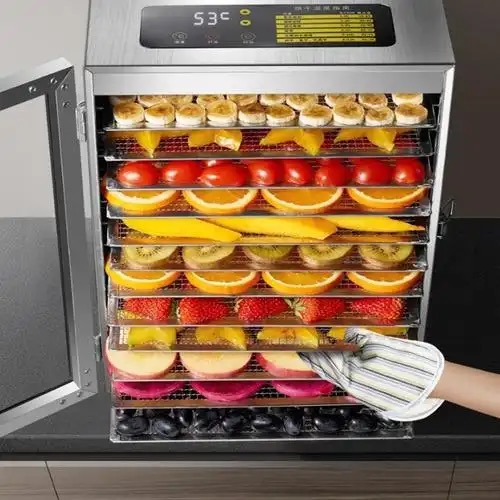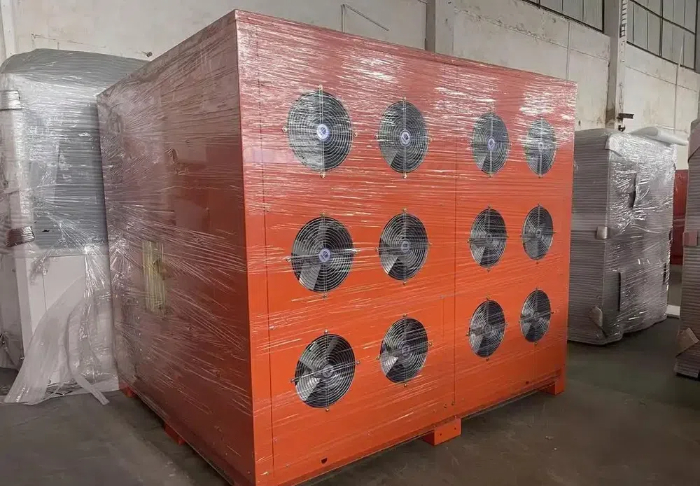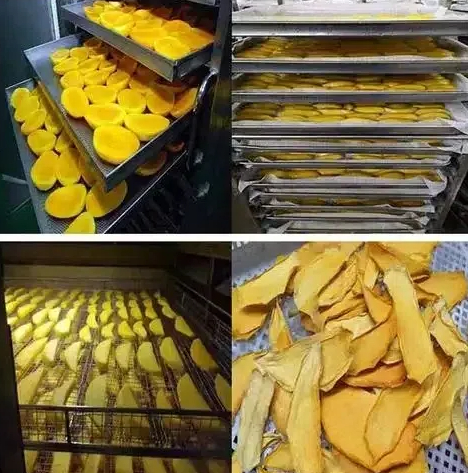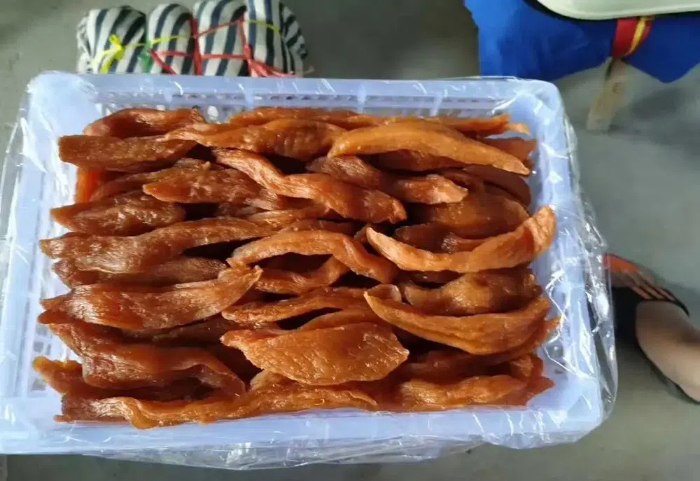
Content Menu
● Introduction
● What is a Heat Pump Dryer?
>> Energy Efficiency
>> Cost Savings
● Environmental Impact
>> Gentle Fabric Care
>> Long Drying Cycles
>> Ventless Design
>> Maintenance Requirements
>> Initial Investment
>> Versatility
● Technology Advancements
● Conclusion
● Frequently Asked Questions
>> 1. How much energy does a heat pump dryer use compared to a traditional dryer?
>> 2. Do heat pump dryers take longer to dry clothes?
>> 3. Are heat pump dryers suitable for all types of fabrics?
>> 4. What maintenance do heat pump dryers require?
>> 5. Is the initial cost of a heat pump dryer worth it?
Introduction
In recent years, heat pump dryers have gained popularity as an energy-efficient alternative to traditional dryers. With rising energy costs and increasing environmental awareness, many consumers are looking for ways to reduce their carbon footprint while still enjoying the convenience of modern appliances. This article explores the numerous benefits of heat pump dryers, comparing them to conventional drying methods, and addressing common concerns.

What is a Heat Pump Dryer?
A heat pump dryer is a type of tumble dryer that uses a heat pump to recycle hot air within the machine. Unlike traditional dryers that vent hot air outside, heat pump dryers operate in a closed-loop system, which allows them to use significantly less energy. This technology not only makes them more efficient but also gentler on fabrics, preserving the quality of your clothes over time.
Energy Efficiency
One of the most significant advantages of heat pump dryers is their energy efficiency. They consume up to 50% less energy than conventional dryers. This is primarily due to their ability to reuse hot air, which reduces the amount of electricity needed to heat the air for drying. For households that do a lot of laundry, this can translate into substantial savings on energy bills.
Cost Savings
While heat pump dryers typically have a higher upfront cost compared to traditional dryers, the long-term savings on energy bills can make them a more economical choice. Over time, the reduced energy consumption can offset the initial investment, making heat pump dryers a cost-effective option for many families.

Environmental Impact
Heat pump dryers are also better for the environment. By using less energy, they contribute to lower greenhouse gas emissions. For environmentally conscious consumers, choosing a heat pump dryer is a step towards a more sustainable lifestyle. Additionally, many models are designed to be more durable, which means they may last longer than traditional dryers, further reducing waste.
Gentle Fabric Care
Heat pump dryers operate at lower temperatures than conventional dryers, which helps to protect delicate fabrics. This gentler drying process reduces the risk of shrinking, fading, and wear and tear on clothing. For families with a lot of delicate items, such as baby clothes or activewear, this feature can be particularly beneficial.
Long Drying Cycles
One common concern with heat pump dryers is their longer drying times. Because they operate at lower temperatures, it can take more time to dry a load of laundry compared to traditional dryers. However, many users find that the energy savings and fabric care benefits outweigh the inconvenience of longer drying cycles. Additionally, many heat pump dryers come with various drying settings, allowing users to choose the best option for their needs.
Ventless Design
Heat pump dryers are ventless, meaning they do not require an external vent to expel hot air. This makes them an excellent choice for apartments or homes without the ability to install traditional vented dryers. The ventless design also allows for more flexible installation options, as they can be placed in various locations without the need for ductwork.
Maintenance Requirements
Heat pump dryers generally require less maintenance than traditional dryers. While they do have filters that need to be cleaned regularly, the overall maintenance is straightforward. Many models also feature self-cleaning functions, which can further reduce the need for manual upkeep.
Initial Investment
The initial investment for a heat pump dryer can be a barrier for some consumers. However, it is essential to consider the long-term savings on energy bills and the potential for a longer lifespan. Many manufacturers offer warranties that can provide additional peace of mind regarding the durability of these appliances.
Versatility
Heat pump dryers are versatile appliances that can handle a wide range of fabrics and drying needs. Many models come with various drying programs tailored to different materials, ensuring optimal care for your laundry. This versatility makes them suitable for households with diverse laundry requirements.
Technology Advancements
As technology continues to advance, heat pump dryers are becoming more efficient and user-friendly. New features, such as smart technology that allows users to control their dryer remotely, are becoming increasingly common. These advancements make heat pump dryers not only more convenient but also more appealing to tech-savvy consumers.
Conclusion
In conclusion, heat pump dryers offer numerous advantages over traditional drying methods. Their energy efficiency, cost savings, environmental benefits, and gentle fabric care make them an attractive option for many households. While the initial investment may be higher, the long-term benefits often outweigh the costs. As technology continues to improve, heat pump dryers are likely to become even more popular in the coming years.

Frequently Asked Questions
1. How much energy does a heat pump dryer use compared to a traditional dryer?
Heat pump dryers use up to 50% less energy than traditional dryers, making them a more efficient choice.
2. Do heat pump dryers take longer to dry clothes?
Yes, heat pump dryers typically have longer drying cycles due to their lower operating temperatures.
3. Are heat pump dryers suitable for all types of fabrics?
Yes, heat pump dryers are versatile and can handle a wide range of fabrics, often with specific settings for different materials.
4. What maintenance do heat pump dryers require?
Heat pump dryers require regular cleaning of filters, but many models feature self-cleaning functions to simplify maintenance.
5. Is the initial cost of a heat pump dryer worth it?
While the upfront cost is higher, the long-term savings on energy bills and the durability of the appliance often make it a worthwhile investment.












